Blog
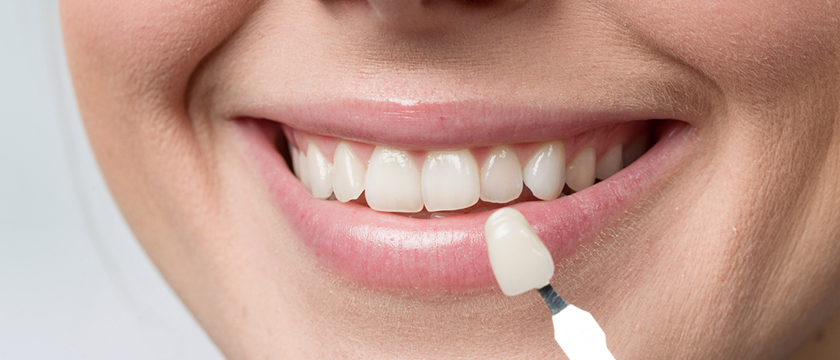 10 Feb 2023
10 Feb 2023
How to Take Care of Your Dental Veneers
Front teeth veneers are an easy way to get that radiant Hollywood smile you have always dreamed of, but they can fail if they are not given proper care. Taking steps to preserve your veneers will allow you to enjoy their many benefits for as long as possible. Follow the tips below to get started.
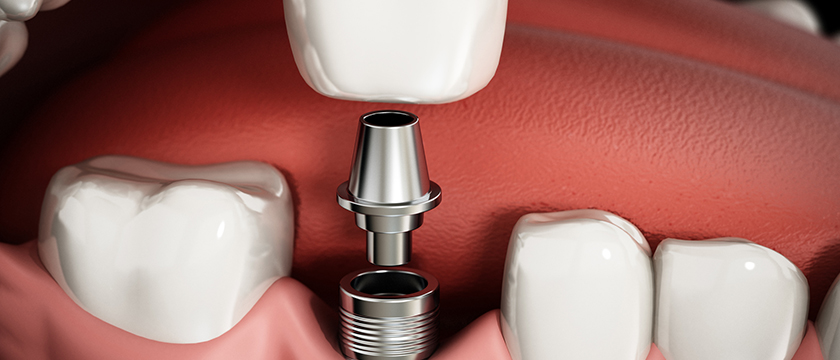 05 Dec 2022
05 Dec 2022
Things You Need to Know Before Opting for Dental Implants
Many people who are thinking about getting dental implants feel apprehensive about the process. With so many unknowns to contend with, this is no surprise. Learning more about dental implants and the procedure needed to place them can put your mind at ease and help you discover if they are right for you.
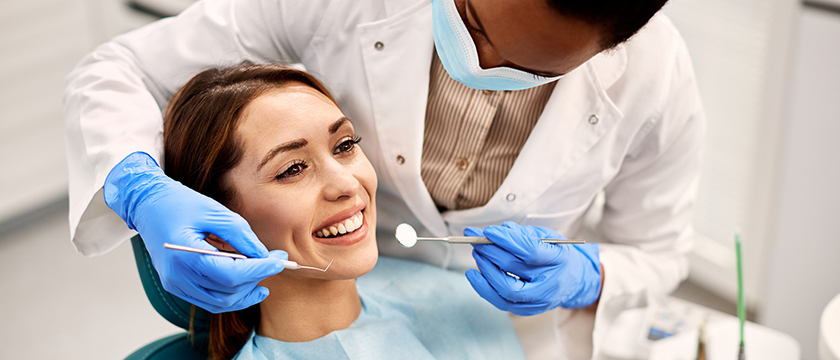 10 Oct 2022
10 Oct 2022
8 Things You May Not Know Your Dentist Does During a Checkup
Have you booked your next dental checkup yet? If not, you should. There is a good reason that your dentist recommends you visit them for a checkup every six months. These appointments give them the chance to perform many critical tasks that keep your teeth and gums in good shape. Our list of 8 things your
family dentist in Mississauga does during each checkup will help you understand why these biannual trips are so important.
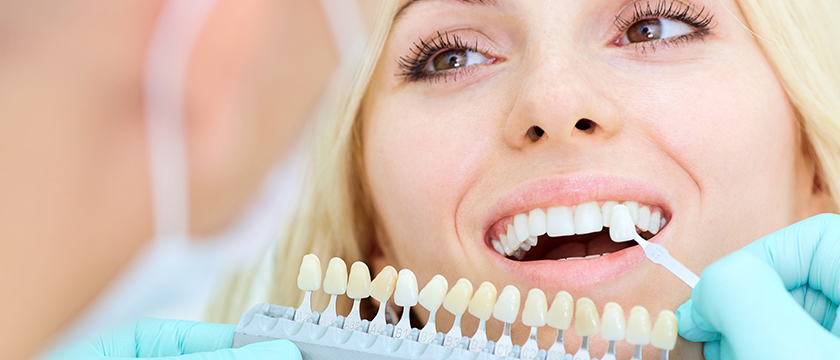 05 Oct 2022
05 Oct 2022
10 Reasons Teeth Whitening Should Only Be Performed at the Dentist
Teeth whitening treatments are one of the most popular cosmetic dentistry procedures around. While do-it-yourself options like whitening kits exist, professional-grade whitening treatments like Zoom whitening are by far the superior option for your teeth whitening needs. Our list of 10 reasons to get your teeth whitening done by a dentist will show you why.
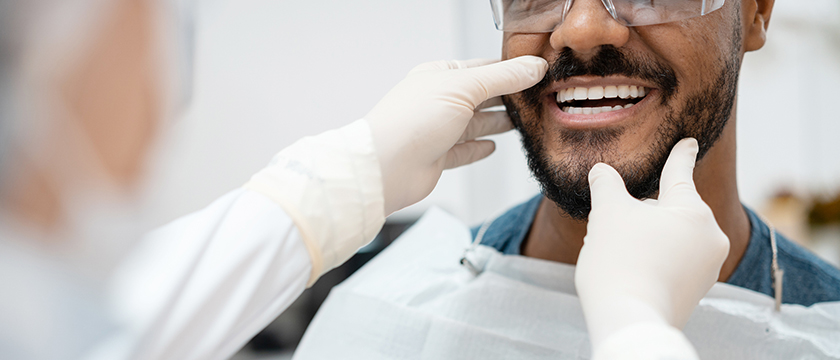 06 Feb 2022
06 Feb 2022
Do You Need Dental Surgery?
If your dentist has suggested that you undergo oral surgery, do not panic. The term may sound scary, but it really isn’t.
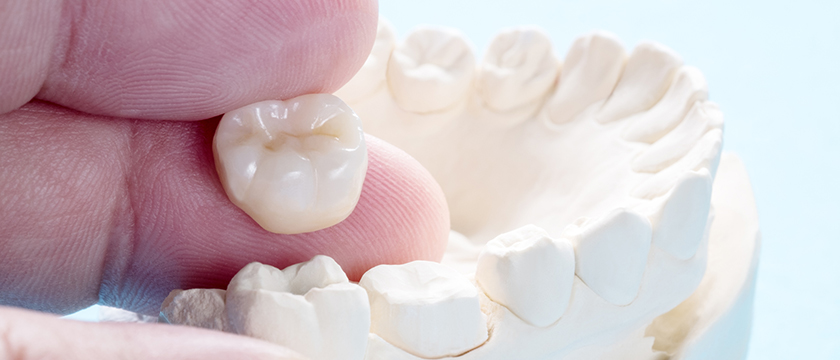 17 Jan 2022
17 Jan 2022
6 Reasons to Choose a Dental Crown
Whether you are getting one on its own or as part of a dental bridge, dental crowns are one of the most common types of dental restorations available today. Despite their prevalence, many patients are not convinced that they need a dental crown when their dentist suggests one.
 05 Jan 2022
05 Jan 2022
10 Reasons Why You Should Choose a Family Dentist
Do you and your children have a family dentist? If not, you should begin looking for one. Family dentists do much more than just clean and examine your teeth: they are your partner in the journey to improve your family’s oral health. Here are some of the top reasons it is worth your time to establish a relationship with a dentist for your family’s oral health needs.
 05 Nov 2021
05 Nov 2021
How Can an Emergency Dentist Help You?
A shattered tooth or painful toothache is distressing enough on its own, but it is far worse when it happens outside of regular dental office hours. Luckily, there is a solution that can get you the care you need. Emergency dentists offer expedited treatment that will get you out of pain and on the road to recovery without having to contend with a long wait. Choosing your emergency dentist before you need one can make it even easier to get timely dental treatment in a crisis.
